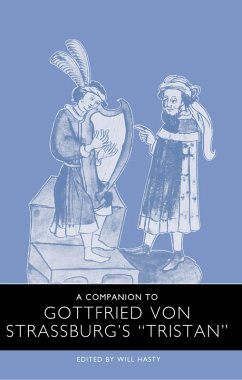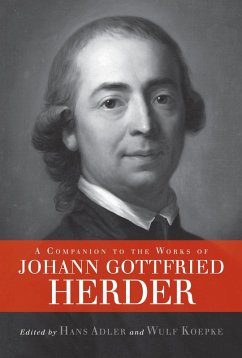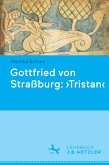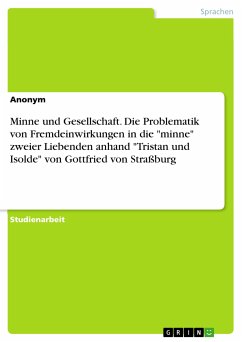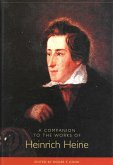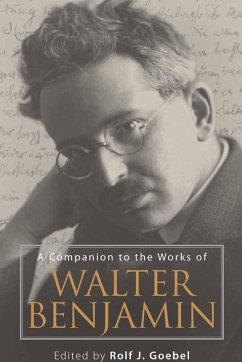New essays by outstanding European and American medievalists on major aspects of the most enduring medieval epic.
The legend of Tristan and Isolde -- the archetypal narrative about the turbulent effects of all-consuming, passionate love -- achieved its most complete and profound rendering in the German poet Gottfried von Strassburg's verse romance Tristan (ca. 1200-1210). Along with his great literary rival Wolfram von Eschenbach and his versatile predecessor Hartmann von Aue, Gottfried is considered one of three greatest poets produced by medieval Germany, andover the centuries his Tristan has lost none of its ability to attract with the beauty of its poetry and to challenge -- if not provoke -- with its sympathetic depiction of adulterous love. The essays, written by a dozen leading Gottfried specialists in Europe and North America, provide definitive treatments of significant aspects of this most important and challenging high medieval version of the Tristan legend. They examine aspects of Gottfried'sunparalleled narrative artistry; the important connections between Gottfried's Tristan and the socio-cultural situation in which it was composed; and the reception of Gottfried's challenging romance both by later poets inthe Middle Ages and by nineteenth- and twentieth-century authors, composers, and artists -- particularly Richard Wagner. The volume also contains new interpretations of significant figures, episodes, and elements (Riwalin and Blanscheflur, Isolde of the White Hands, the Love Potion, the performance of love, the female figures) in Gottfried's revolutionary romance, which provocatively elevates a sexual, human love to a summum bonum.
Will Hasty is Professor of German at the University of Florida. He is the editor of Companion to Wolfram's "Parzival," (Camden House, 1999).
The legend of Tristan and Isolde -- the archetypal narrative about the turbulent effects of all-consuming, passionate love -- achieved its most complete and profound rendering in the German poet Gottfried von Strassburg's verse romance Tristan (ca. 1200-1210). Along with his great literary rival Wolfram von Eschenbach and his versatile predecessor Hartmann von Aue, Gottfried is considered one of three greatest poets produced by medieval Germany, andover the centuries his Tristan has lost none of its ability to attract with the beauty of its poetry and to challenge -- if not provoke -- with its sympathetic depiction of adulterous love. The essays, written by a dozen leading Gottfried specialists in Europe and North America, provide definitive treatments of significant aspects of this most important and challenging high medieval version of the Tristan legend. They examine aspects of Gottfried'sunparalleled narrative artistry; the important connections between Gottfried's Tristan and the socio-cultural situation in which it was composed; and the reception of Gottfried's challenging romance both by later poets inthe Middle Ages and by nineteenth- and twentieth-century authors, composers, and artists -- particularly Richard Wagner. The volume also contains new interpretations of significant figures, episodes, and elements (Riwalin and Blanscheflur, Isolde of the White Hands, the Love Potion, the performance of love, the female figures) in Gottfried's revolutionary romance, which provocatively elevates a sexual, human love to a summum bonum.
Will Hasty is Professor of German at the University of Florida. He is the editor of Companion to Wolfram's "Parzival," (Camden House, 1999).
Dieser Download kann aus rechtlichen Gründen nur mit Rechnungsadresse in A, D ausgeliefert werden.

